In the past, Vietnam’s agriculture thrived on a model of increased output, prioritizing mass production at low prices. But as the world enters a period of climate change, energy crisis and global nutritional pressures, this approach has reached its limit. Vietnam is forced to shift to a more sustainable agriculture-food system, in which all sectors, levels and partners act together.
“Transforming the food system (FST) is not only about changing the way of production but also about changing the mindset of management and coordination,” Dr. Tran Van The, senior technical expert of the Food System Transformation Partnership Program (FST-P), opened his presentation at the Vietnam - Ireland Bilateral Cooperation Conference on FST system transformation on November 4.
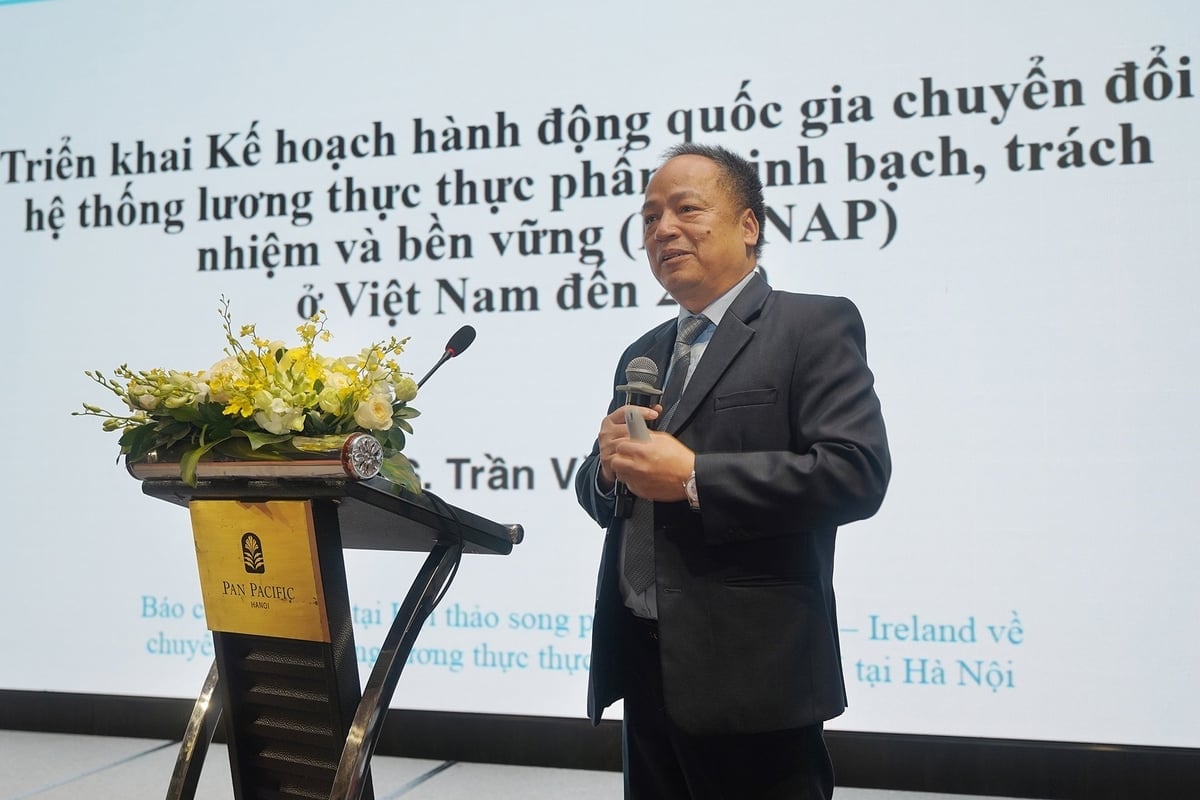
Dr. Tran Van The emphasized the role of inter-sectoral cooperation in transforming the LTTP system. Photo: Bao Thang.
According to him, Vietnam is currently one of the few Asian countries that has a National Action Plan for the Transformation of a Transparent, Responsible and Sustainable Food System (FST-NAP) by 2030. This plan aims to create an agriculture that both ensures food security and contributes to poverty reduction, community nutrition and commits to Net Zero 2050.
Not stopping at the strategic level, the Ministry of Agriculture and Environment has operated an inter-sectoral coordination mechanism where ministries, localities, businesses and international organizations join hands in the transformation process. This structure includes the National Steering Committee, the FST-P Partnership Office and 5 inter-sectoral technical working groups (TWGs) in charge of each area: institutional improvement, ecological agriculture, food loss, nutrition - diversification and responsible distribution - consumption.
Mr. The analyzed: “The difference in Vietnam is that the transformation is not carried out by a single agency but by a co-governance and companionship mechanism,” Mr. The said. This allows each technical group to focus on a specific “bottleneck” of the value chain, while closely linking together in the decision-making process.
According to the plan, Vietnam will reduce greenhouse gas emissions, reduce post-harvest losses by 0.5 - 1% per year, increase the proportion of processed agricultural products to over 50% and bring the production value according to good processes to at least 30%. All are monitored by the M&E index system - a toolkit being completed to integrate into the Ministry's digital database.
After a period of implementation, Dong Thap, Son La and Nghe An have become the three pioneering provinces to plan the transformation of the provincial LTTP system. Each locality has a different context: Dong Thap focuses on the rice-fish value chain, Son La develops ecological agriculture associated with tourism , and Nghe An experiments with a nutritional agriculture model.
In these provinces, provincial technical working groups were established to identify priority issues, develop LTTP system profiles and mobilize local resources. The transformation plan was also integrated into the poverty reduction and socio-economic development program instead of being separated into separate projects. This helped increase sustainability and avoid the situation where the plan was "suspended" due to lack of funding.
However, Mr. The admitted that there are still many institutional and resource gaps. Most localities do not have dedicated funding and limited human resources, especially in communication and monitoring. Some tasks have to depend on integration from other programs, causing slow implementation progress. “Transforming the LTTP system requires both green finance and the participation of the private sector,” he emphasized.
To overcome the bottleneck, the FST-P team is strengthening connections with international partners, especially Ireland through the Ireland-Vietnam Agri-Food Partnership (IVAP). This support focuses on technical support, training and sharing of successful models from ecological agriculture, digital transformation to reducing food loss.

Mr. Nguyen Do Anh Tuan, Director of the Department of International Cooperation (Ministry of Agriculture and Environment). Photo: Bao Thang.
Dr. Nguyen Do Anh Tuan, Director of the Department of International Cooperation (Ministry of Agriculture and Environment) said: “The power of transformation does not lie in the scale of capital but in the ability to coordinate. Each partner plays a different role in the same ecosystem.” He called this an “action network”, where state agencies, research institutes, non-governmental organizations and businesses work together to develop plans based on scientific evidence.
In fact, this network has expanded to include international organizations such as FAO, ADB, EU, WWF and many Vietnamese enterprises in the fields of processing, food and agricultural value chains. Each partner contributes a piece of the puzzle, from farming techniques, safety standards to data management and carbon credits.
What is more important is the change in perception. FST-NAP is not just a 10-year plan but a pilot step to form a new way of thinking about agricultural development. Instead of separating each stage such as planting, raising livestock, processing..., Vietnam is looking to combine them into a unified system, where all policies take into account the supply chain, nutrition, welfare and the environment.
Dr. The shared: “Each industry and each locality may have different goals, but all aim towards a transparent and responsible LTTP system. That is the real transformation.”
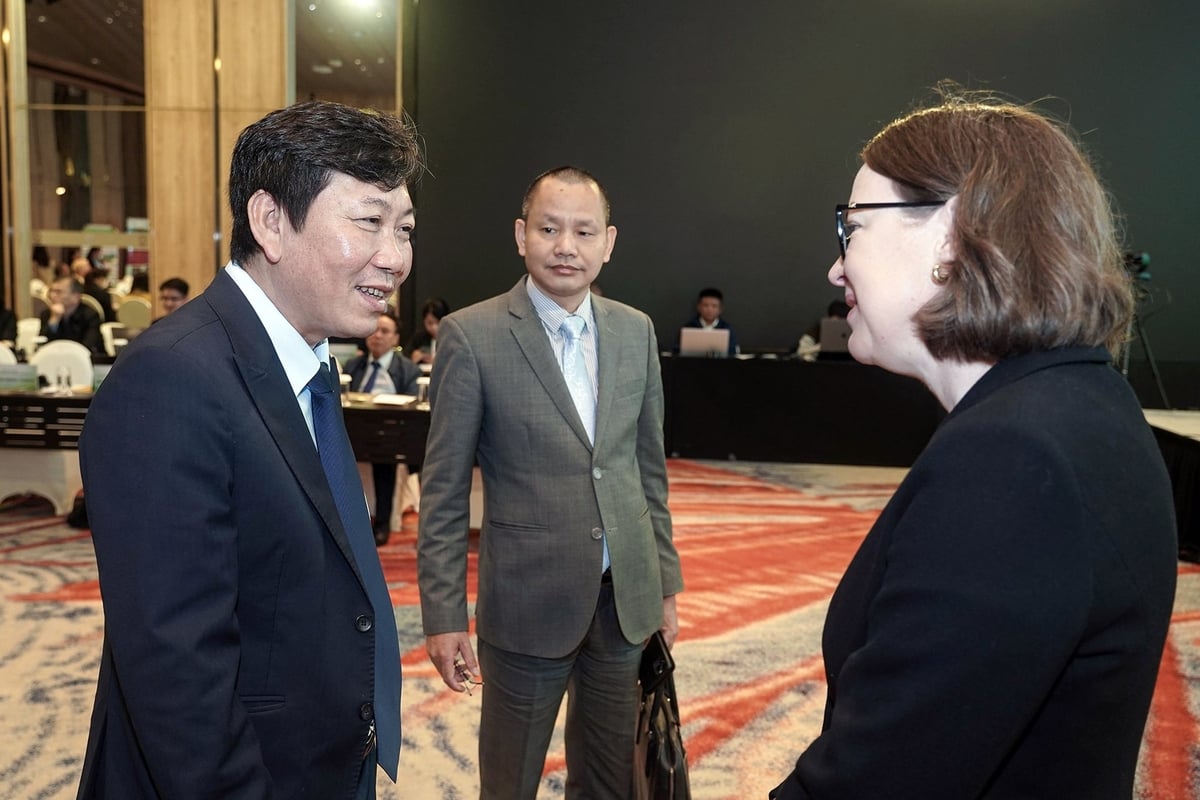
Director of the Department of International Cooperation Nguyen Do Anh Tuan (left cover) talks with the Irish Ambassador to Vietnam. Photo: Bao Thang.
Irish Ambassador to Vietnam Deirdre Ní Fhallúin assessed that Vietnam is a pioneering partner in the region in applying this approach. She said that Vietnam's inter-sectoral coordination mechanism is an important foundation for replicating the cooperation model and connecting with other countries in the process of transforming the global LTTP system.
The Ministry of Agriculture and Environment is expected to finalize the FST-NAP Mid-Term Report in 2026, evaluate the effectiveness of each technical group, and pilot the new provincial model. In addition, the management agency is considering mobilizing climate finance and green bonds for projects related to circular agriculture, emission reduction, and improved nutrition.
“The difficulty is no longer the lack of ideas but how to connect the parties. If farmers, businesses and managers look in the same direction, the Vietnamese LTTP system can go much faster than expected,” Mr. The affirmed.
More than 60% of Vietnam’s population still lives in rural areas and the agricultural sector accounts for nearly 12% of GDP. Therefore, transforming the LTTP system is not only a story of sustainable development but also the future livelihoods of tens of millions of people.
Source: https://nongnghiepmoitruong.vn/chuyen-doi-he-thong-luong-thuc-thuc-pham-bang-co-che-phoi-hop-lien-nganh-d782262.html





![[Photo] Closing of the 14th Conference of the 13th Party Central Committee](https://vphoto.vietnam.vn/thumb/1200x675/vietnam/resource/IMAGE/2025/11/06/1762404919012_a1-bnd-5975-5183-jpg.webp)


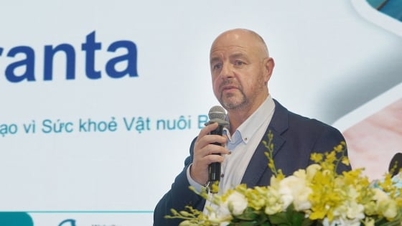



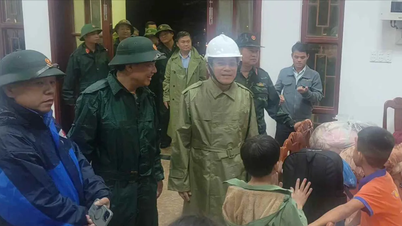

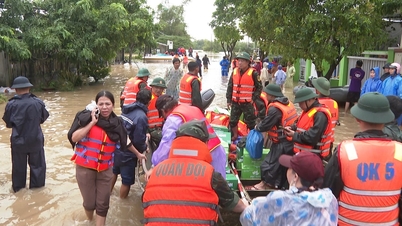

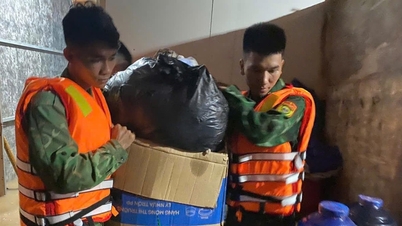


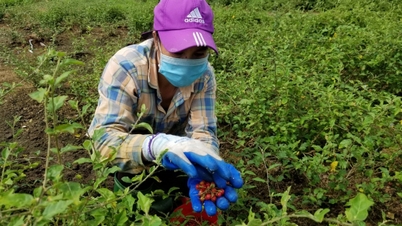

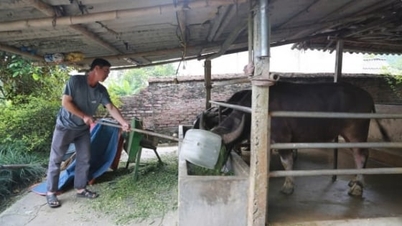
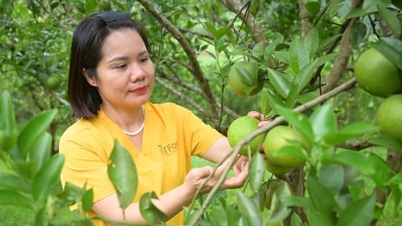
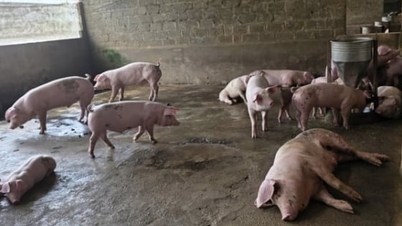




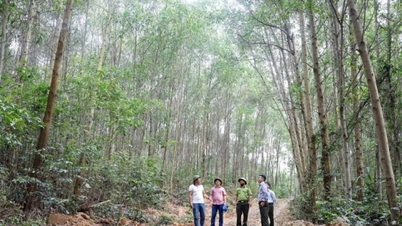

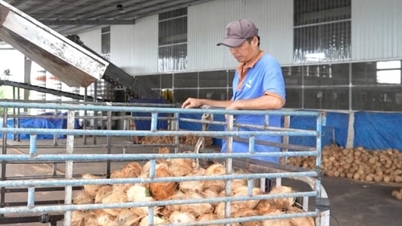

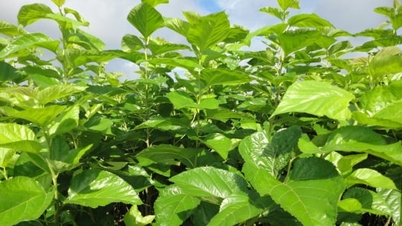

























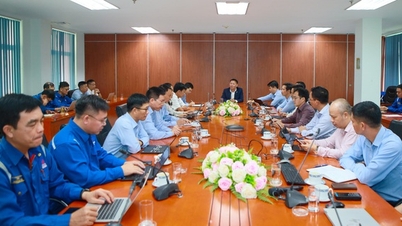



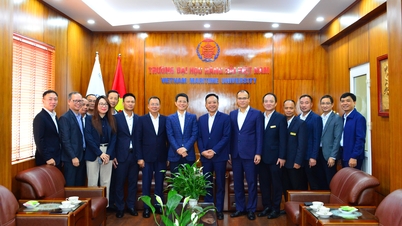
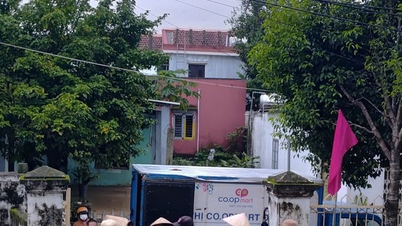
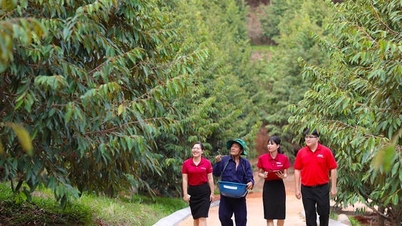







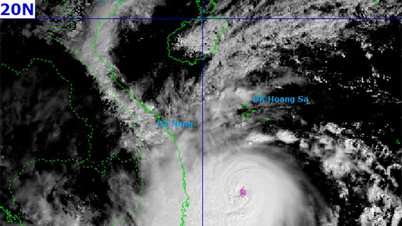












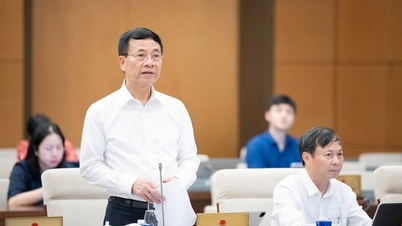




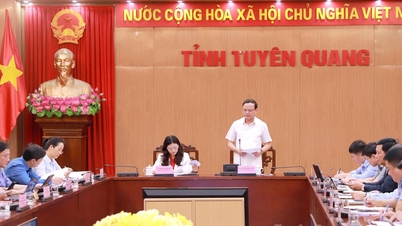

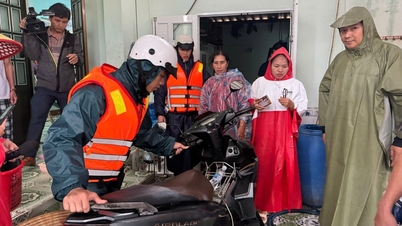




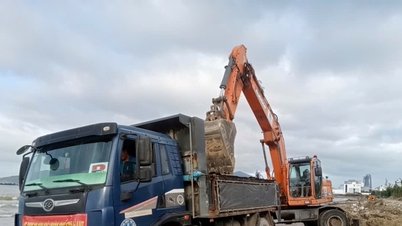
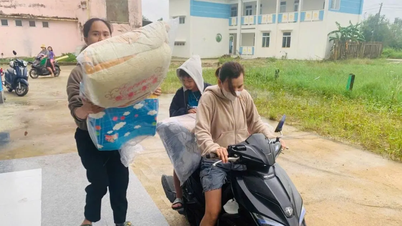









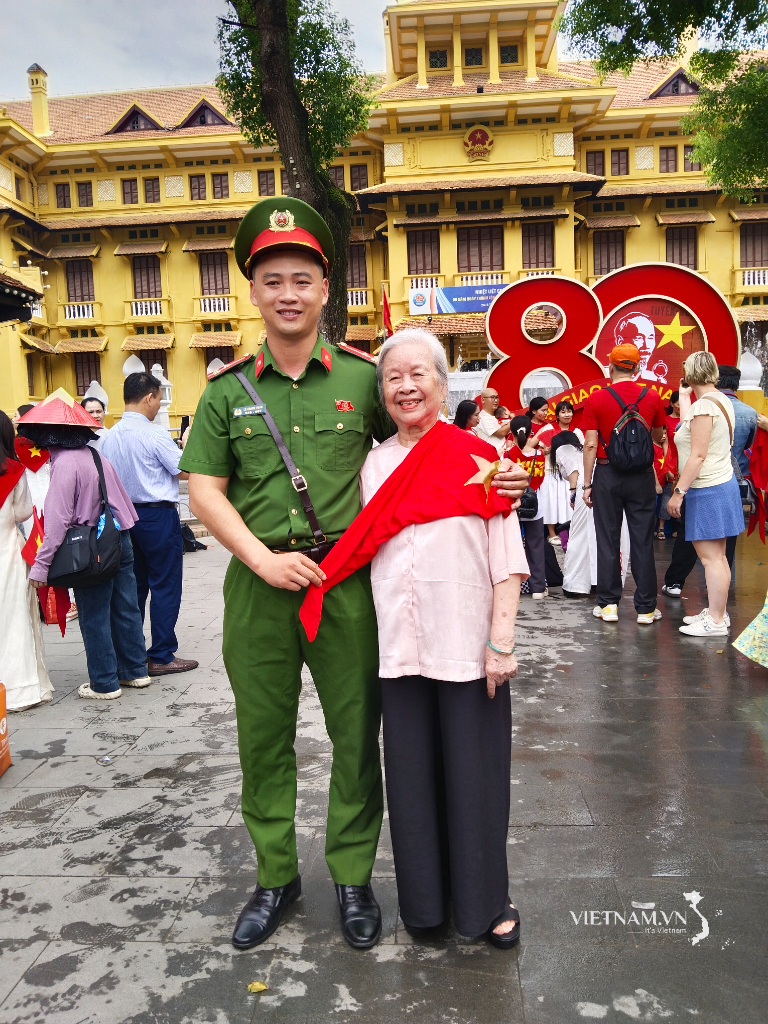
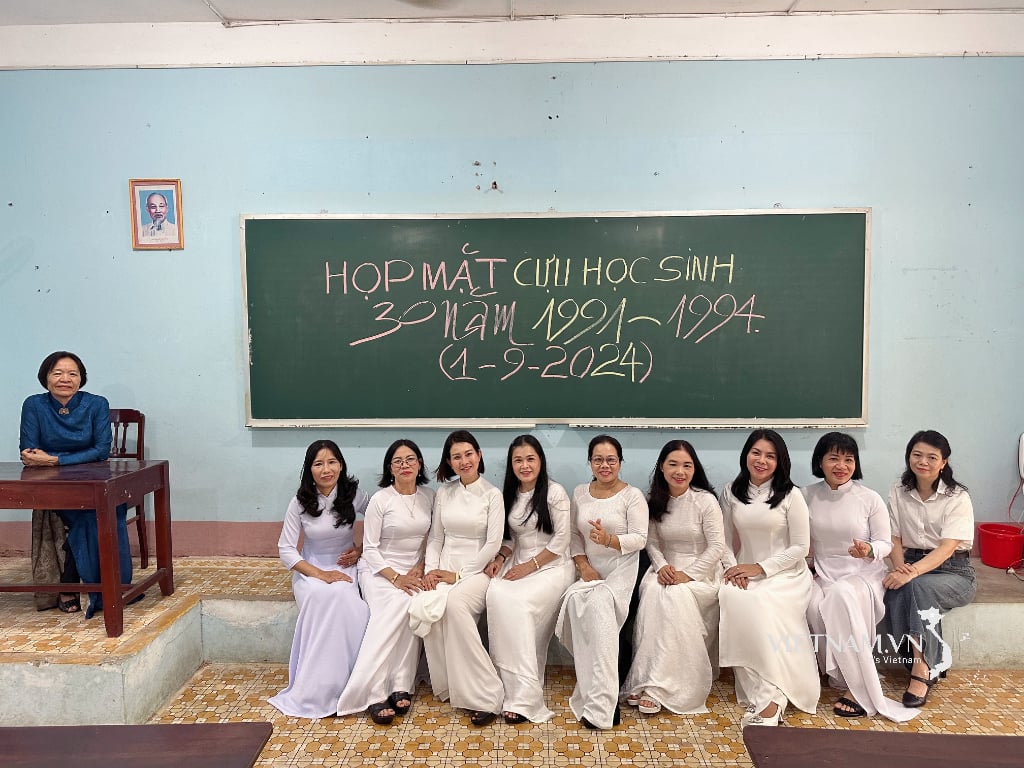
Comment (0)